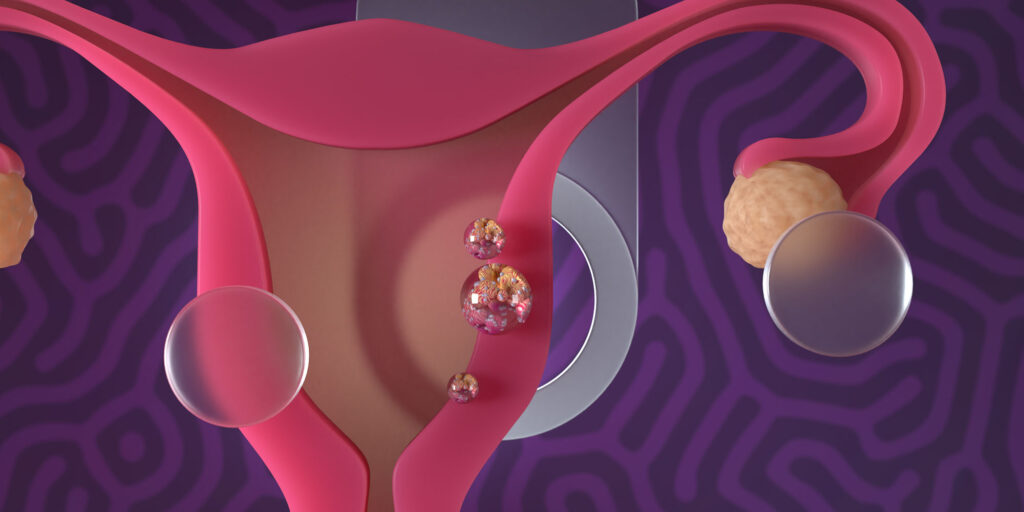To reduce your risk of endometrial cancer, you may wish to:
- Talk to your healthcare team about the risks of hormone therapy after menopause. If you’re considering hormone replacement therapy to help control menopause symptoms, ask about the risks and benefits. Unless you’ve had your uterus removed, replacing estrogen alone after menopause may increase your risk of endometrial cancer. A hormone therapy medicine that combines estrogen and progestin can reduce this risk. Hormone therapy carries other risks, so weigh the benefits and risks with your healthcare team.
- Consider taking birth control pills. Using oral contraceptives for at least one year may reduce endometrial cancer risk. Oral contraceptives are contraceptives that are taken in pill form. They also are called birth control pills. The risk reduction is thought to last for several years after you stop taking oral contraceptives. Oral contraceptives have side effects, though, so discuss the benefits and risks with your healthcare team.
- Maintain a healthy weight. Obesity increases the risk of endometrial cancer, so work to achieve and maintain a healthy weight. If you need to lose weight, increase your physical activity and reduce the number of calories you eat each day.


